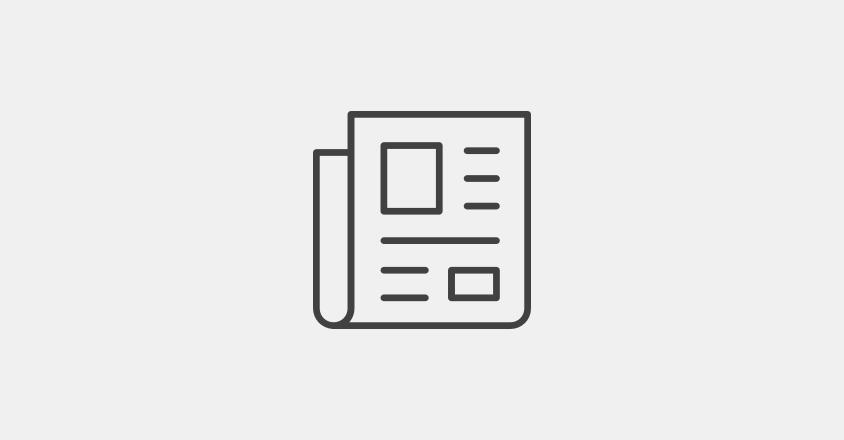

Putting the pressure on blood pressure
Do you know your blood pressure reading? For most of us, we can’t rattle off the number. That is until our doctor tells us it’s too high. Over 50% of Americans have hypertension, also known as high blood pressure, but you don’t need to become part of that statistic.
The American Heart Association considers any reading over 120 systolic or 80 diastolic prehypertension. Anything above 130/80 is considered hypertension. Even if you haven’t been diagnosed, take steps to prevent your blood pressure from rising.
“Hypertension is the leading cause of stroke, vision loss, heart failure, heart attack, kidney disease and sexual dysfunction. People with low blood pressure are 25% less likely to die from cardiovascular disease,” explained Kendra L. Connell, DNP, Family Nurse Practitioner with the Genesis Group.
Lowering your blood pressure doesn’t need to be difficult. Incorporate these habits into your life today to ensure a healthy heart for years.
Healthy diet
Eating nutritious food is one of the easiest ways to lower blood pressure. The American Heart Association recommends using the DASH diet to stop hypertension. This diet consists of foods full of potassium, calcium and magnesium, natural nutrients that help control blood pressure. Most importantly, the DASH diet reduces sodium intake.
Regular exercise
According to the American Heart Association, 150 minutes of moderately intensive weekly exercise lowers high blood pressure. These activities could be as simple as 30 minutes of brisk walking five days a week. Enroll in a dance class, swim team or other exercise groups. The important thing is that you’re moving.
Cut down on caffeine
In short, caffeine can cause spikes in blood pressure. For those with hypertension, cutting down on caffeine is a good idea. Avoid drinking caffeine before checking your blood pressure for optimum results. If you’re struggling with hypertension, limit caffeine to two cups of coffee a day. It’s best to drink fewer than four cups a day even if you have not been diagnosed with high blood pressure.
Avoid smoking
Smoking tobacco constricts arteries, which raises your blood pressure over time. If you want to avoid hypertension, work on quitting the habit. Smoking also causes a temporary spike in blood pressure, so avoid smoking before getting checked.
Limit or avoid alcohol
Studies show that overconsumption of alcohol is associated with hypertension. The American Heart Association recommends that men should have no more than two drinks a day and women should have one drink a day at most. Limit your alcohol intake to a minimum to avoid high blood pressure.
Manage stress
Although we’re never be able to live a completely stress-free life, learning how to lower stress is vital. Spend time taking care of yourself. Say no when you can, and track stress triggers. Develop plans for dealing with stressful situations and ask for help when needed.
Speak with your doctor
Tracking your blood pressure is the first step to lowering it. Pay attention to the numbers. If you’re concerned about your blood pressure, speak with your primary care doctor. They’ll be able to offer advice tailored to your situation.
Genesis HealthCare System’s Health and Wellness content conveniently provides accurate and helpful information. Your health history and current health may impact suggestions provided through our Health and Wellness content. Although we hope this information is helpful, it is not a substitute for your doctor's medical advice. Before making any significant changes, please consult your doctor.


